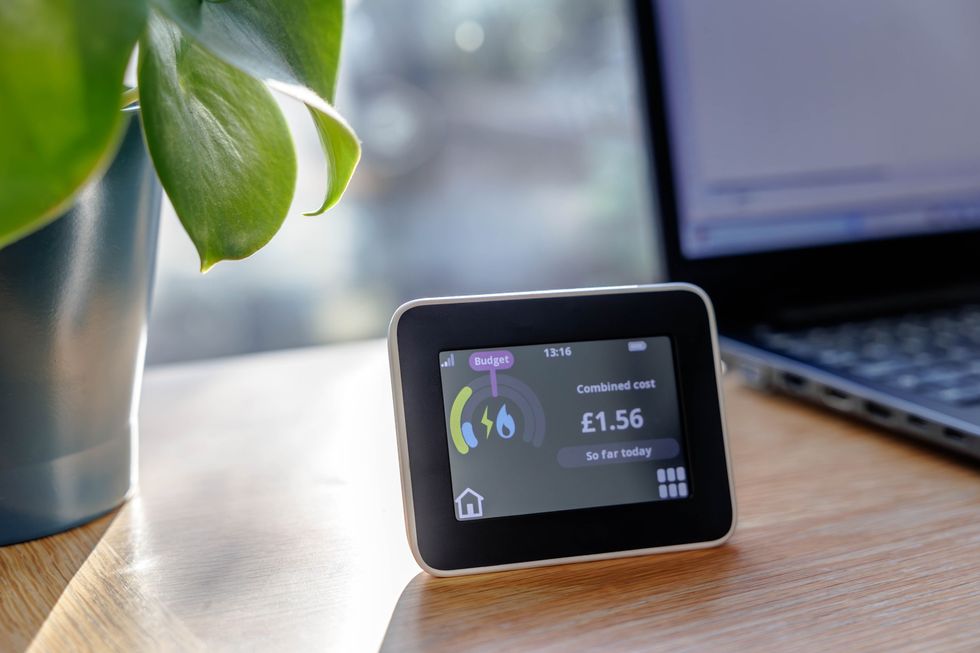



Energy regulator Ofgem has revealed plans for a compensation system that will require energy companies to pay customers £40 when smart meter services fall short.
The scheme, set to begin in early 2026, targets two key failures: installations that take longer than six weeks and malfunctioning meters that remain unrepaired for over 90 days.
Since July last year, regulatory intervention has already resulted in over 600,000 defective meters being repaired or replaced.
The Government and energy suppliers have recommended Britons install smart meters into their homes to keep better track of their energy usage.

GETYT
|Smart meter customers could be awarded to compensation
Under the proposed regulations, customers will qualify for compensation in two specific circumstances.
Energy suppliers must pay £40 to households that experience delays exceeding six weeks when awaiting smart meter installation appointments.
The same payment applies when malfunctioning smart meters remain unresolved for more than three months.
This includes devices operating in "dumb" mode, where connectivity issues prevent automatic meter reading transmission.
 GETTY |
GETTY |
Smart meters are used by millions of households
The watchdog's expanded criteria now encompasses connectivity problems, ensuring more customers can claim compensation. Small businesses will also benefit from these protections, marking a significant expansion of consumer rights in the energy sector.
The extent of Britain's smart meter crisis has prompted urgent action, with MoneySavingExpert founder Martin Lewis estimating that approximately 20 per cent of devices are defective.
Millions of meters across the country have reverted to "dumb" mode, losing their ability to transmit readings automatically due to connectivity failures.
Research by Uswitch reveals the prolonged nature of these problems, with one-fifth of affected households enduring waits exceeding two years for repairs.
The widespread malfunctions have created a ripple effect, as dissatisfied customers discourage friends and neighbours from adopting the technology, according to Lewis.
Charlotte Friel, Ofgem's director of retail pricing and systems, emphasised that countless customers depend on smart meters for precise billing and energy monitoring.
 GETTY | Ofgem is responsible for setting the UK energy price cap
GETTY | Ofgem is responsible for setting the UK energy price cap
She stated: "These new rules are about setting clear expectations of suppliers, incentivising them to boost smart meter standards, and protecting consumers from poor service if things go wrong."
Energy consumers minister Miatta Fahnbulleh backed the measures, confirming the government's commitment to creating a retail energy market that serves everyone effectively.
Richard Neudegg from Uswitch.com highlighted that establishing customer trust remains crucial for encouraging remaining households to adopt smart meters, praising Ofgem's focus on addressing defective devices.
He shared: These proposals by Ofgem bring more focus on getting faulty smart meters fixed, and give consumers the confidence to take the plunge.”
